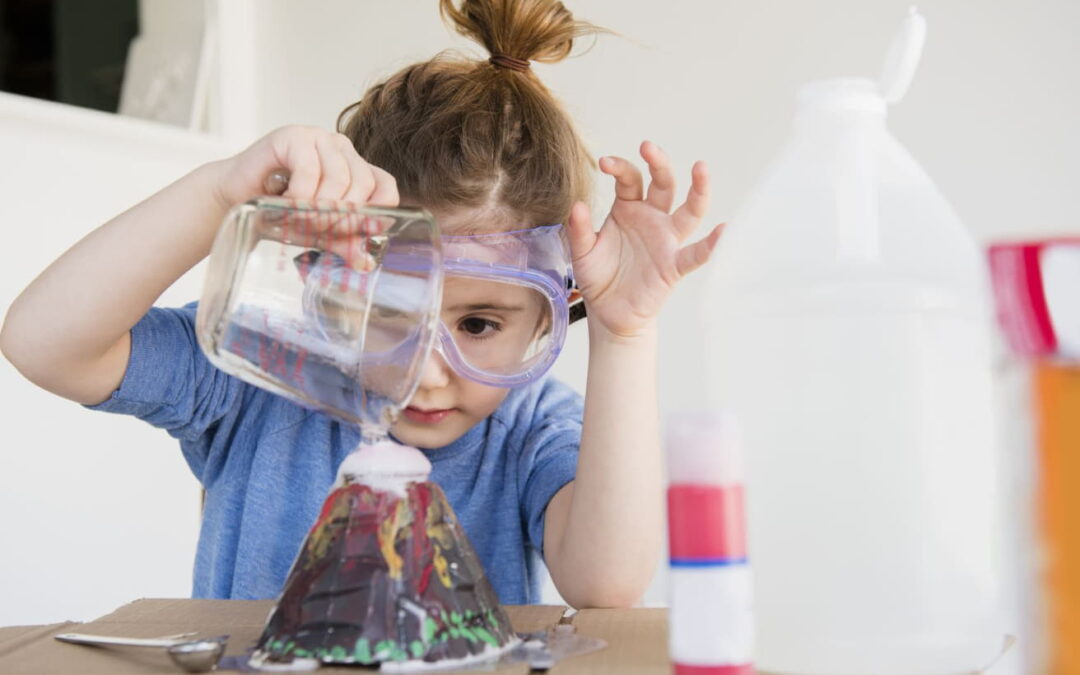The world of early childhood education is full of opportunities for exploration, discovery, and growth. One area that holds immense potential for young learners is the integration of science experiments into the curriculum. This approach not only sparks curiosity and fosters a love for learning but also lays a solid foundation for future academic success.
Unleashing the Power of Inquiry
These experiments offer children an opportunity to engage with the world around them in a hands-on and interactive way. They provide a platform for children to observe, question, predict, and interpret their environment. This method of learning cultivates critical thinking skills and encourages independent thought.
Children are naturally inquisitive. They are constantly exploring their environment and asking questions. By incorporating science experiments into the curriculum, we can harness this natural curiosity and transform it into a powerful learning tool.
Building Blocks for Future Learning
Integrating science experiences into the early childhood curriculum can significantly boost children’s vocabulary development. These experiences allow children to encounter and understand complex concepts in a simplified, tangible manner.
Moreover, the skills acquired through these experiments are transferable across different subjects. For instance, data collected during a science experiment can be analyzed in a mathematics class, reinforcing skills in both areas. This integrated approach to learning also promotes problem-solving and analytical thinking skills.
Incorporating Play into Science Learning
This method combines the joy of play with the educational value of scientific exploration, making learning irresistible for young minds. Play-based science learning allows children to engage in scientific investigations in a fun, relaxed environment. It provides a platform for children to discuss and build their understanding of science while participating in activities they enjoy.
Learning STEM: More Than Just Science
The integration of these experiments into the early childhood curriculum is also a stepping stone towards “learning STEM” — Science, Technology, Engineering, and Mathematics. The skills that children develop through science experiments, such as observation, prediction, and data interpretation, are crucial components of the STEM learning process.
Bringing Science to Life in the Classroom
Teachers can create meaningful learning experiences by connecting current science curriculum learning intentions to activities and experiments. Moreover, teachers can facilitate scientific exploration, reflection, and question development in the classroom.
Conclusion
In conclusion, integrating science experiments into the early childhood curriculum is an innovative and effective approach to fostering a love for learning in young children. It not only enhances their understanding of the world around them but also equips them with essential skills for future success.
